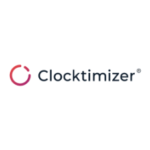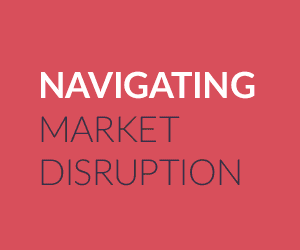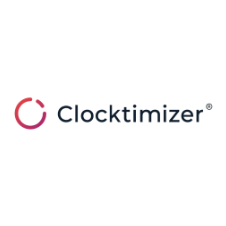Webinar wrap up – How to avoid matter leakage, with Clocktimizer
Yesterday we co-hosted a webinar covering the best ways to identify and avoid matter leakage. We were joined by Jessica Davis, Director of Matter Performance and Service Innovation at McCarter & English, Mark Medice, Principal of LawVision, and our own Co-Founder Pieter van der Hoeven. We’ve put together a quick wrap up of some of the practical advice shared by our panelists on this complex topic. For those wanting to continue the discussion, we will be hosting more webinars in the coming months looking at pricing considerations for 2021. Keep an eye on our social media for more information. A recording of the webinar can be found on our Vimeo page.
Is matter leakage a priority for firms?
The webinar kicked off with an interesting insight into the priorities of our attendees. Of those joining the webinar, only 13% had a “much higher” prioritisation for reducing matter leakage. 53% shared a “somewhat” higher prioritisation, and all of the rest had not changed their prioritisation. This could be because of the reduction in market anxiety recently, or because firms are choosing to focus on pricing and scoping matters better first.
Matter leakage and pricing
Jessica kicked off the main discussion by highlighting the important relationship between pricing and matter leakage. Because “pricing lays out the framework on which firms perform work”, it is important to always be aware of the specifics of pricing for all of your matters. What were the factors and assumptions factored into the pricing model? Can the firm absorb shock?
In this sense firms should be able to distinguish between two types of out of scope work:
Known unknowns – work that was likely to occur (i.e. firm and client thought it was a possibility) but didn’t factor into the pricing model because of said uncertainty
Unknown unknowns – work which was completely unforeseen and still happened anyway
In both instances you should be able to distinguish between the two types of out of scope work, and have a conversation with the client about them accordingly. Known unknown work is particularly easy to avoid writing off. As Mark shared, there is no evidence that it is possible to make up early discounts downstream. As such, a proactive discussion about out of scope work is always a more effective tool for firms in avoiding matter leakage.
Why should you reduce matter leakage?
As Pieter and Jessica pointed out, reducing matter leakage is about more than just improving profitability. Having conversations instead of discounting work proactively has two knock on positives for a firm:
Better understanding of firm value for a client – proactive write-offs may seem helpful, but they are invisible. A client won’t know you have discounted the work. As Jessica shared, talking with a client about the work you have done already, and why you understand that the client needs the discount, makes the client aware of how well you value the relationship. This is likely to lead to increased collaboration.
Better working environment – Pieter noted how disheartening it was, when working as an attorney at DLA, to do a huge amount of important work for a client, only for it to be written off. It can make you feel as though your work doesn’t have value when it clearly does. By opening up a conversation with the client, you improve team dynamics at the firm and make it a more attractive place to work.
How bad is current matter leakage?
Current market estimates indicate that approximately 25 billion USD is lost through matter leakage in the industry each year. We decided to poll our attendees to identify the proportion of revenue lost to matter leakage.
Our participants indicated that between 5 and 20% of the value of their matters is lost to write-downs or write-offs. As was noted by our panelists, even 5% of a firm’s revenue is a huge amount of money to lose unnecessarily. Reducing that to just 3% would vastly increase overall firm profitability.
As Jessica noted, being able to identify these numbers also gives you a better idea of what can be invested in innovation. Technology like Clocktimizer, which can avoid matter leakage through the budgeting and notification functionality, is easy to justify against the loss of 5% of firm revenue.
Key takeaways on how to avoid matter leakage
Jessica shared her top tips for avoiding matter leakage, which she puts into use at McCarter. We also heard from Pieter and Mark about the importance of education:
Define your matters – By involving all of your stakeholders in advance, you can define exactly what this matter will include. The clearer this is, the easier it is to avoid out of scope work.
Get reports – Clocktimizer allows Jessica to set regular budget warnings and threshold reports. These keep her up to date on budget usage and also warn her well in advance of a matter getting out of hand. As a result, she can have a conversation with the client before it becomes a problem.
Identify client specific characteristics – If a client always tries to get a discount on their bill, factor that into your pricing and strategy from the beginning.
Educate your attorneys – There is a misconception that when 50% of the budget is used, that 50% of the work has been done. This isn’t the case – educate attorneys on tools like Clocktimizer, and then how to take that information to the client to start a conversation.



